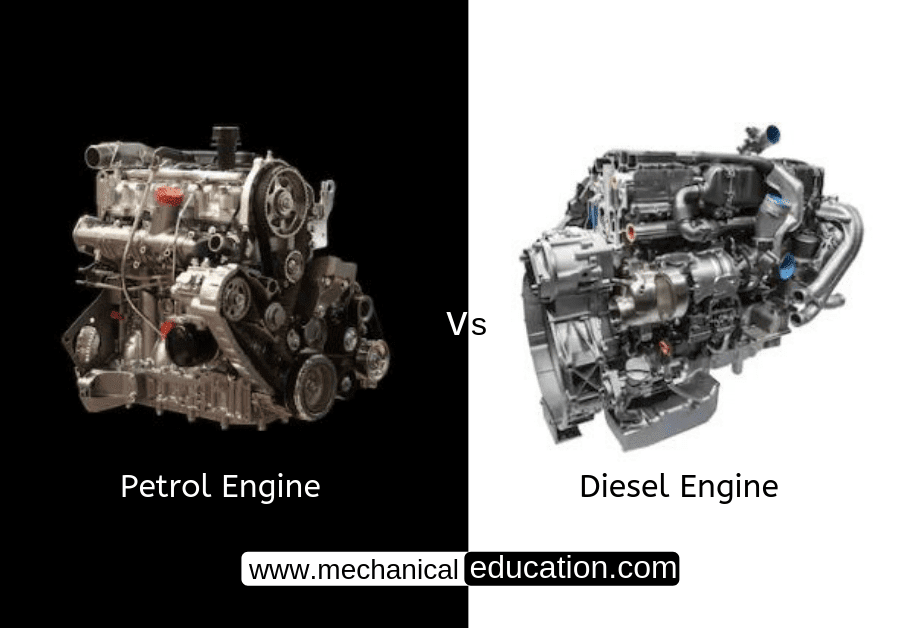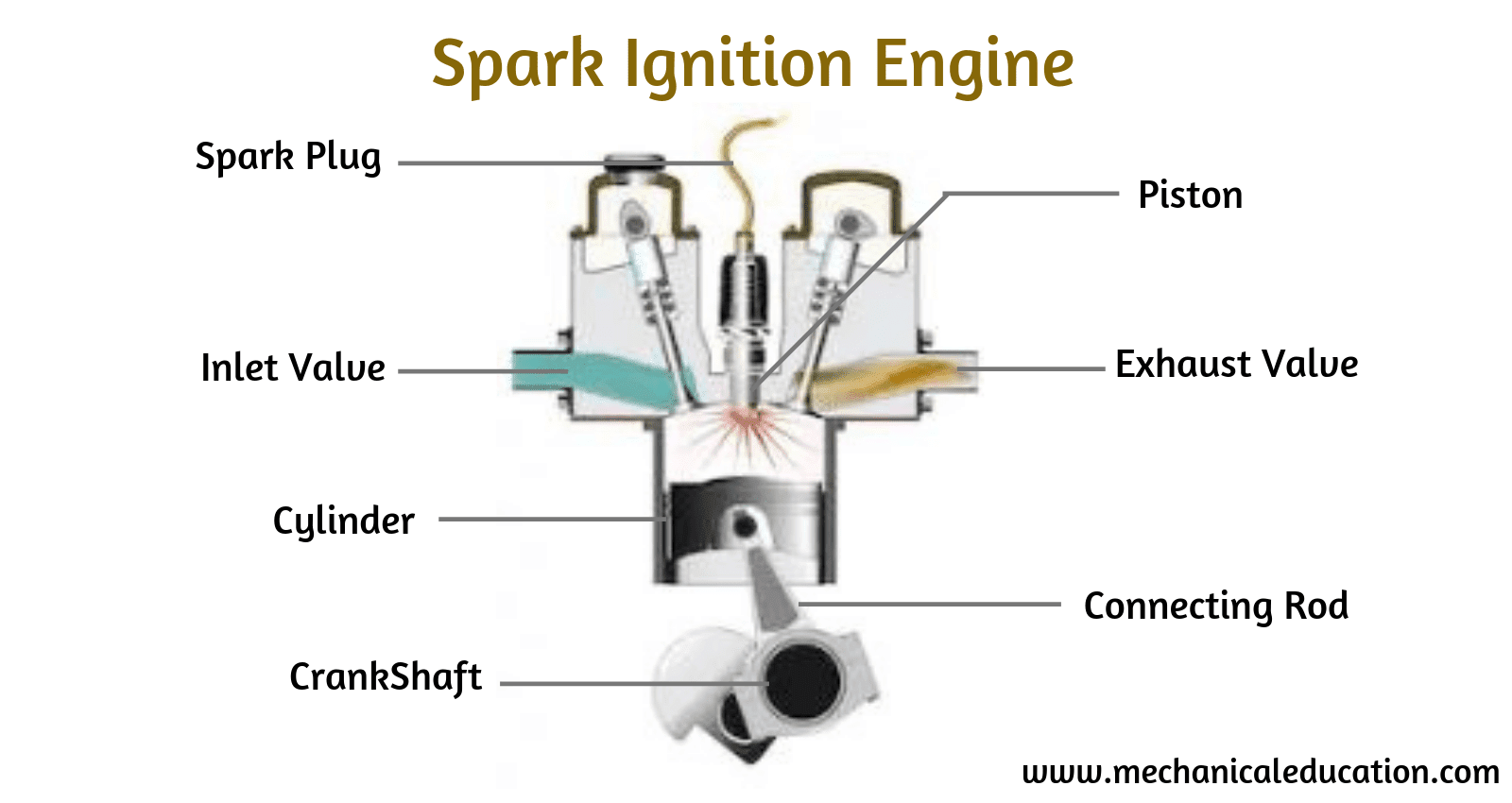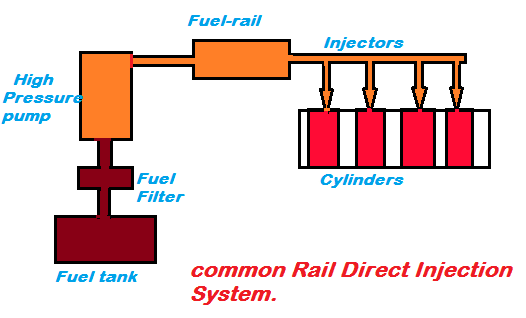Introduction: Hydrogen is the most abundant element in the universe, and it’s becoming an increasingly popular fuel source for cars and other vehicles. A hydrogen tank stores pressurized hydrogen gas which can then be used as fuel for an internal combustion engine or for powering a fuel cell stack within a car’s electrical system. In this article, we’ll discuss the benefits of using a hydrogen tank for vehicles and what makes them such an attractive option.
Safety Standards
The first benefit of using a hydrogen tank is that they must meet strict safety standards in order to be approved for use in cars and other vehicles. This means that you can rest assured knowing that your vehicle is safe and secure when using a hydrogen tank. Additionally, since they are made from stainless steel, they are highly durable and won’t corrode over time like other materials might.
Efficiency
Another benefit of using a hydrogen tank is its high efficiency rate. When compared to traditional gasoline tanks, hydrogen tanks are more efficient at storing energy and converting it into usable power. This means that your vehicle will be able to run longer on less fuel, resulting in improved performance and lower operating costs overall. Additionally, since there is no need to refuel as often, you will save time by not having to make frequent trips to the gas station.
Cleaner Fuel Source
A final benefit of using a hydrogen tank is that it provides an alternative to conventional gasoline-powered engines. Since hydrogen does not produce any harmful emissions when burned, it helps reduce air pollution levels significantly compared to traditional vehicles powered by gasoline or diesel fuels. This makes them ideal for those who wish to reduce their carbon footprint while also enjoying improved performance from their vehicle.
Conclusion:
Overall, using a hydrogen tank has numerous benefits when it comes to powering vehicles such as cars and trucks. They are highly efficient at storing energy which translates into improved performance and lower operating costs overall. Additionally, they must meet strict safety standards in order to be approved for use in vehicles, making them incredibly reliable and durable options when compared with traditional gasoline tanks. Finally, since they provide an alternative cleaner fuel source than traditional fossil fuels do, they help reduce air pollution levels significantly while also providing superior performance capabilities over gasoline-powered engines. For these reasons alone, investing in a hydrogen tank may prove beneficial if you are looking for an alternative way to power your vehicle without sacrificing quality or reliability!
Frequently Asked Questions
1. What is a hydrogen tank for vehicles, and how does it work?
A hydrogen tank is a storage system designed to store compressed hydrogen gas for use in fuel cell vehicles. The tank safely stores hydrogen at high pressure, and the gas is later released to power the vehicle’s fuel cell, producing electricity and emitting only water vapor.
2. How is hydrogen produced for use in these tanks?
Hydrogen can be produced through various methods, including steam methane reforming, electrolysis, and biomass gasification. The most common industrial methods involve reforming natural gas or using renewable sources to generate hydrogen through electrolysis.
3. What are the advantages of using a hydrogen tank for vehicles compared to traditional fuel sources?
Hydrogen fuel offers several benefits, including zero-emission, reduced environmental impact, and increased energy efficiency. Fuel cell vehicles using hydrogen tanks provide longer driving ranges and faster refueling times compared to some electric vehicles.
4. How safe are hydrogen tanks in vehicles?
Hydrogen tanks are designed with safety features to prevent leaks and ruptures. They undergo rigorous testing to ensure structural integrity and are made from materials capable of withstanding high pressures. Additionally, hydrogen has a low ignition energy, reducing the risk of fire.
5. Can existing vehicles be retrofitted to use hydrogen tanks?
Retrofitting existing vehicles for hydrogen use can be complex and may not be practical for all vehicles. Many fuel cell vehicles are purpose-built to accommodate the unique requirements of hydrogen fuel cells and storage.
6. Where can one find hydrogen refueling stations for vehicles equipped with hydrogen tanks?
Hydrogen refueling infrastructure is still developing, and availability varies by region. In some areas, hydrogen refueling stations are being established along major transportation routes. Online maps and apps can help locate existing stations.
7. How does the cost of hydrogen fuel compare to traditional fuels?
The cost of hydrogen fuel is influenced by production methods, infrastructure development, and local market conditions. While the cost may currently be higher than traditional fuels, ongoing advancements and increased adoption are expected to improve cost competitiveness.
8. Are there different types of hydrogen tanks for vehicles?
Yes, there are various types of hydrogen storage technologies, including compressed hydrogen gas (CHG) and liquid hydrogen. Compressed gas storage is more common, while liquid hydrogen is used in specific applications where extremely low temperatures are feasible.
9. Can hydrogen tanks be used for other applications beyond vehicles?
Yes, hydrogen tanks find applications beyond vehicles. They are used in stationary fuel cells for backup power, energy storage, and industrial processes. Hydrogen can also be a feedstock for various chemical processes.
10. How does the environmental impact of hydrogen compare to other alternative fuels?
Hydrogen is considered a clean fuel as its combustion or use in fuel cells produces only water vapor. However, the overall environmental impact depends on how the hydrogen is produced. Using renewable energy sources for hydrogen production enhances its environmental benefits.




